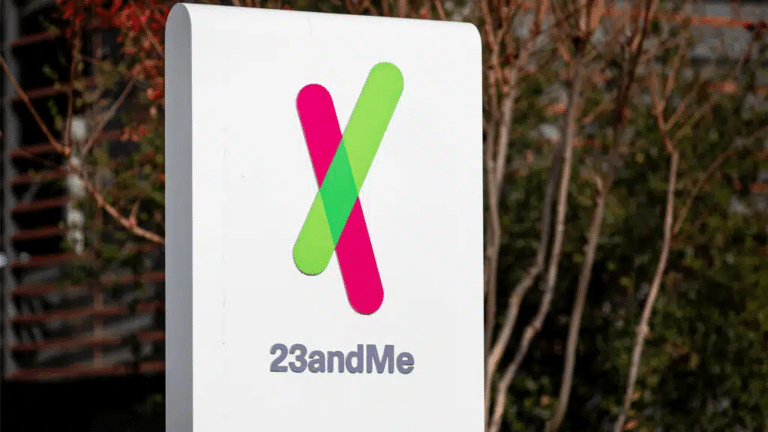
Wedbush has initiated coverage of the “under-the-radar AI name” Innodata, rating it a “buy” with a target price 40% above the current market price. This gave a boost to Innodata stock, which jumped 16% before dropping almost 5% in premarket trading today, Friday, December 20.
Details
The target price for Innodata, which uses its accumulated data to train other companies’ AI, is $48 per share, CNBC reported, citing a note from Wedbush senior analyst Daniel Ives. On Thursday, December 19, Ives initiated coverage of the stock with an “outperform” (“above market”) rating, equivalent to a “buy” recommendation.
Ives’ target price is 40% above the previous close. On Thursday, after Wedbush’s rating was revealed, Innodata stock surged more than 16% to $39.80 per share, its highest closing price in nearly two weeks, since December 9. However, in U.S. premarket trading on Friday, the stock dropped about 5%.
According to MarketWatch, Innodata is covered by four analysts, all of whom recommend buying the stock (three “buy” ratings and one “outperform”). Their average target price is $46.75 per share, implying upside of nearly 18%.
For investors
Founded in the late 1980s, Innodata initially focused on data digitization: scanning printed documents and medical records and recording the data on floppy disks before sending them to clients. With the advent of e-books, the company began working with publishers to convert print books into digital formats. However, it was long overlooked by investors, noted Benzinga.
Everything changed in 2019 when Innodata shifted its focus to large language models (LLMs) and generative AI. Today, it trains other companies’ AI using its own LLMs. This pivot has allowed Innodata to scoop up almost all of the Magnificent Seven tech giants as clients.
Ives of Wedbush believes Innodata’s products could also appeal to companies seeking LLMs tailored to their specific needs — something the widely used GPT model, created by market leader OpenAI, cannot provide, but Innodata’s solutions might.
“We believe Innodata’s expertise in data annotation and AI over its decades of experience will lead the company to be a leader in this developing space,” Ives wrote in the note.
Innodata’s performance
The company’s stock has skyrocketed 388% since the start of the year and 3,213% over the last five years. For the third quarter of 2024 (ended September 30), Innodata reported record 135.5% year-over-year growth in revenue to $52.2 million. Net income jumped to $17.4 million, 43 times the amount in the previous-year period, while adjusted EBITDA surged 337% to $13.9 million.
Following the release of the quarterly results, Zacks issued a report, which likened Innodata to “Palantir in its early days.” Recall that the latter has also been a massive beneficiary of AI.
“For investors looking to get exposure to some up-and-coming AI names and maybe find the next Palantir, I recommend keeping an eye on Innodata,” Zacks analyst Ethan Feller wrote in the research report.
However, not everyone is upbeat about Innodata. In 2024, a group of Innodata investors filed a lawsuit in the U.S. District Court for the District of New Jersey against the company and several of its top executives. They claim that Innodata misleads investors, alleging that AI model data entry is performed not by algorithms but by people in low-wage countries.













